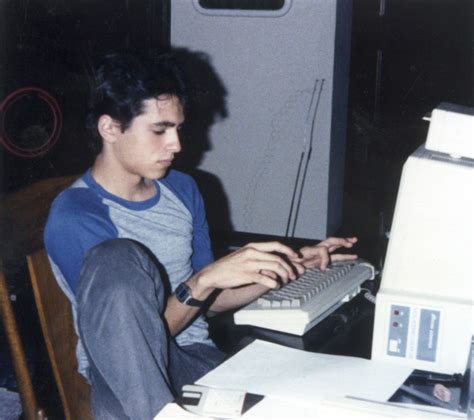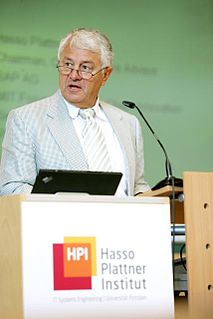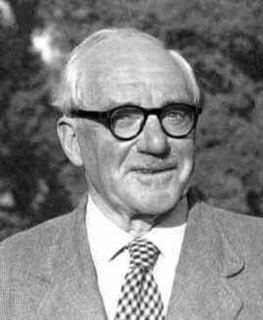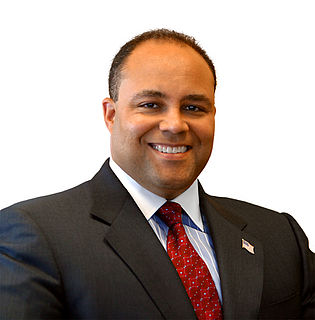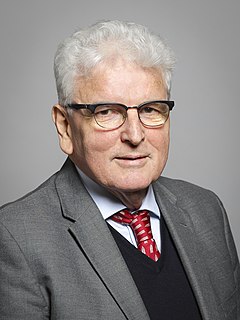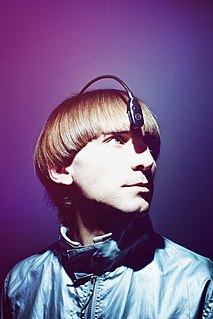A Quote by Richard Stallman
In essence, Chrome OS is the GNU/Linux operating system. However, it is delivered without the usual applications, and rigged up to impede and discourage installing applications. I'd say the problem is in the nature of the job ChromeOS is designed to do.
Related Quotes
We come finally, however, to the relation of the ideal theory to real world, or "real" probability. If he is consistent a man of the mathematical school washes his hands of applications. To someone who wants them he would say that the ideal system runs parallel to the usual theory: "If this is what you want, try it: it is not my business to justify application of the system; that can only be done by philosophizing; I am a mathematician". In practice he is apt to say: "try this; if it works that will justify it".
The ability to send applications by post allows fraudsters to apply in false or stolen identities without fear of arrest and to make multiple applications in the hope of getting one through. It allows the possibility of passports being applied for with the photographs of people who are outside the U.K. and seeking to enter illegally.



